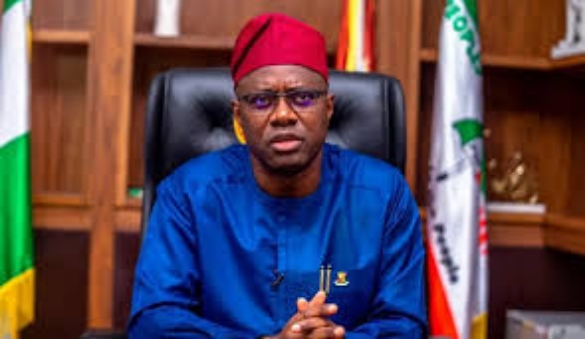Oyo State Must Come Clean on ₦300 Billion Loan — Oluwaseun Ojo

The Oyo State Government’s decision to secure a ₦300 billion financing package is one that cannot be brushed aside as routine governance. It is a choice that could shape the state’s economic future for decades, for better or for worse.

The package includes ₦149 billion for refinancing existing loans and ₦151 billion for infrastructure projects and contractors’ payments. While officials describe it as a blend of refinancing and capital investment, the hard truth is that Oyo State is taking on a debt burden of unprecedented scale at a time when interest rates in Nigeria are historically high.


Supporters of the move may point to infrastructure spending as a catalyst for economic activity. Yet, unless these projects generate real returns and expand the state’s revenue base, the result will be mounting debt service costs that strip resources away from vital sectors such as health, education, and welfare. Refinancing may also provide temporary relief, but it does not erase the risks of unsustainable borrowing.
More concerning is the opacity surrounding the arrangement. The public has not been presented with the full details of the loan, including interest rates, repayment schedules, and the specific infrastructure projects tied to the ₦151 billion allocation. Without this information, the package looks less like prudent planning and more like a gamble that future administrations and taxpayers will be forced to settle.

The lesson of fiscal responsibility is simple: debt can be useful, but only when it is transparent, affordable, and directed toward projects that yield measurable benefits. Anything short of this is mortgaging tomorrow’s prosperity for today’s convenience.
The Oyo State Government must therefore publish the complete terms of this financing package and open its books to public scrutiny. Citizens have a right to know the cost of choices being made in their name. Accountability is not optional; it is the least that should accompany a debt commitment of ₦300 billion.

